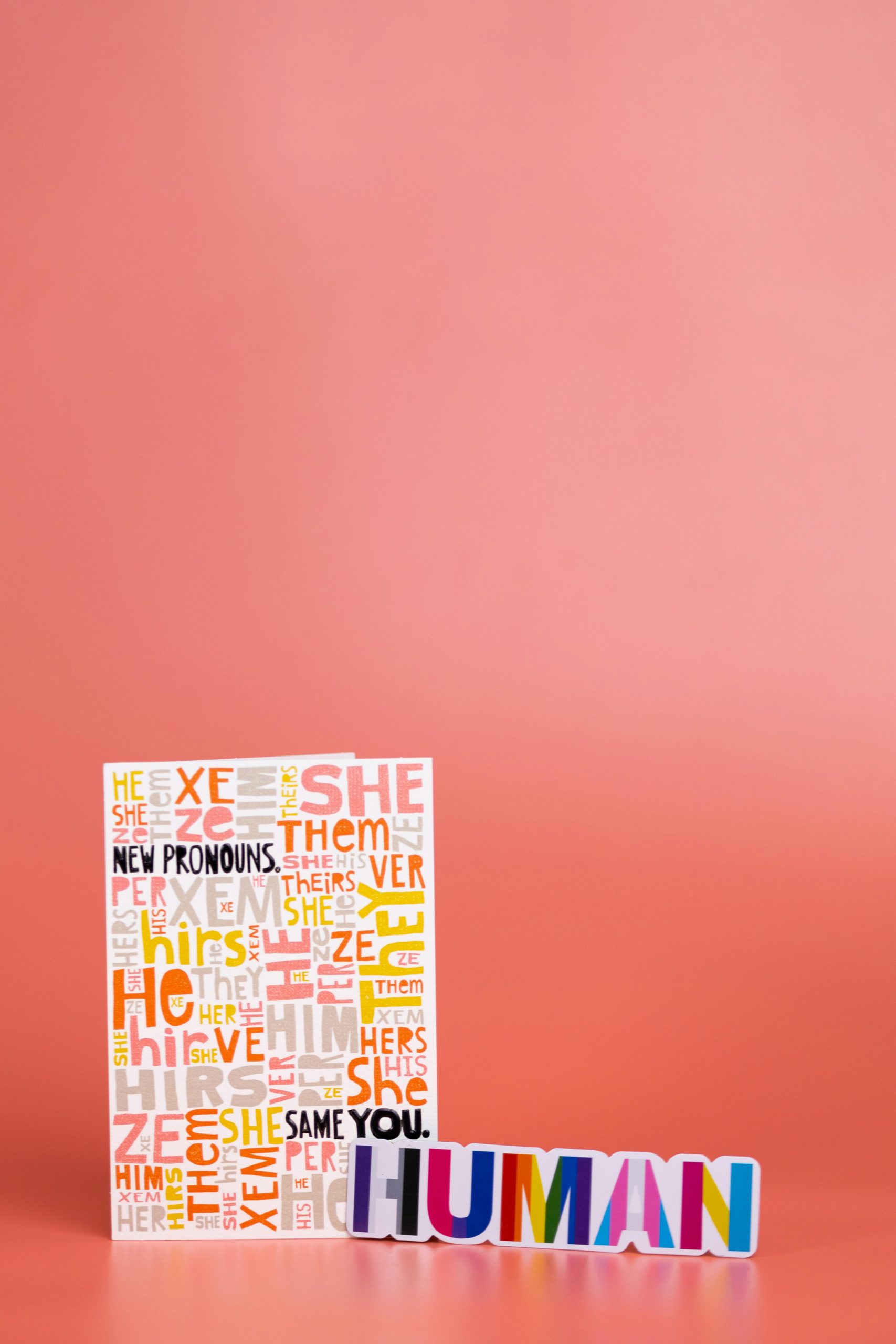The Curious Case of TikTok and the Luxury Brand Illusion
In recent discussions surrounding TikTok, particularly a controversial attempt to “ban” the app earlier this year, an intriguing narrative has emerged. A video caught my attention that highlights a significant revelation: some TikTok accounts are run by Chinese distributors and manufacturers who openly claim that many luxury brands—think Chanel, Gucci, and others—are produced in China. This disclosure serves as a fascinating commentary on consumer perceptions and brand loyalty.
While I was already aware of this fact, it was refreshing to witness a broader audience grappling with the concept. This phenomenon seems to illustrate the effects of brand perception, sometimes akin to a form of consumer brainwashing.
Former President Trump may have extended the TikTok deal deadline amid tariff discussions, even signaling a willingness to lower tariffs to finalize the arrangement. However, it appears that as tensions escalate in the ongoing “Tariff War,” there could be a shift in public perception regarding the impact of marketing and consumer habits. It’s almost as if the scrutiny from tariffs has inadvertently opened a dialogue about overconsumption and the allure of big-name brands, which many have begun to question more critically in recent years.
This raises an important question: Why are consumers willing to pay significant sums for what are essentially “luxury” items, when the distinctive features often boil down to a branded logo? It feels as though the general populace is caught in a relentless cycle of consumption—echoing imagery reminiscent of the film They Live, where a reality of endless buying is promoted without second thought.
It’s worth noting that while TikTok Shop, like many e-commerce platforms, incentivizes purchases through its app, it also has the advantage of relatively lower transaction fees compared to giants like Amazon, eBay, and Shopify. This certainly makes it attractive for entrepreneurs like myself who engage in e-commerce as a side endeavor.
Reflecting on the peculiar events involving TikTok earlier this year, it seems we are currently observing a reaction from Chinese manufacturers who are striving to keep their operations afloat. Interestingly, if the app were not owned by a Chinese company, the algorithm might quickly suppress videos that challenge the mainstream narrative of these luxury goods. This is merely an observation; one could speculate that if the situation were reversed, we might see similar dynamics at play.
In conclusion, while I personally do not engage with TikTok beyond its utility for my side hustle, the evolving events surrounding it capture the complexities of our consumer culture. We



